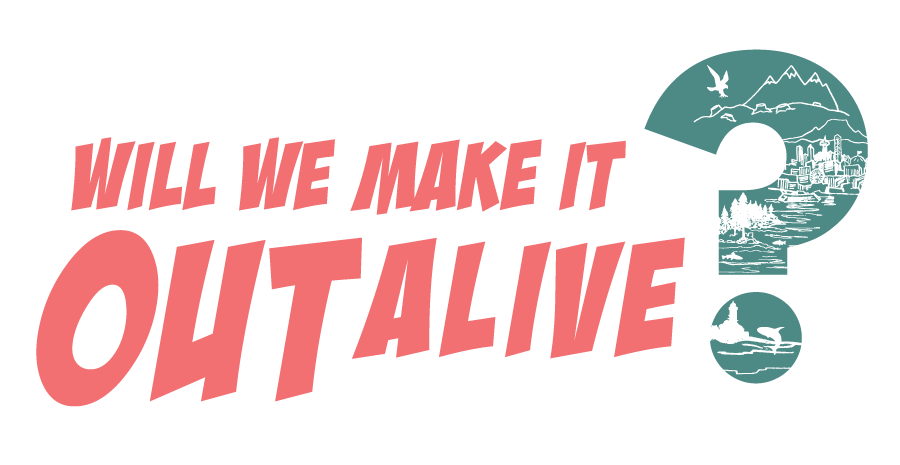Will the Honeybees Make It Out Alive?
/This may or may not be a honeybee…And it may or may not have made it out alive.
Honeybees are important pollinators and are dying off at an alarming rate. You can help by keeping hives or creating habitat for pollinators. Whack Fact: if you steal all of the honey from the hive, the bees will die over the winter because you just stole all of their food!!!
Plant local, bee-friendly plants such as CATNIP, lavender, sage, and rosemary (even a small area can help), add a tiny bee bath or volunteer with a group such as NW Honey Bee, which aims to turn grass strips between sidewalks and streets into pollinator habitat.
To volunteer visit NW Honey Bee or to learn more about urban beekeeping check out Seattle Tilth.





Find out how Jen the Magical Mapper has been doing on her Plastic Free July challenge!